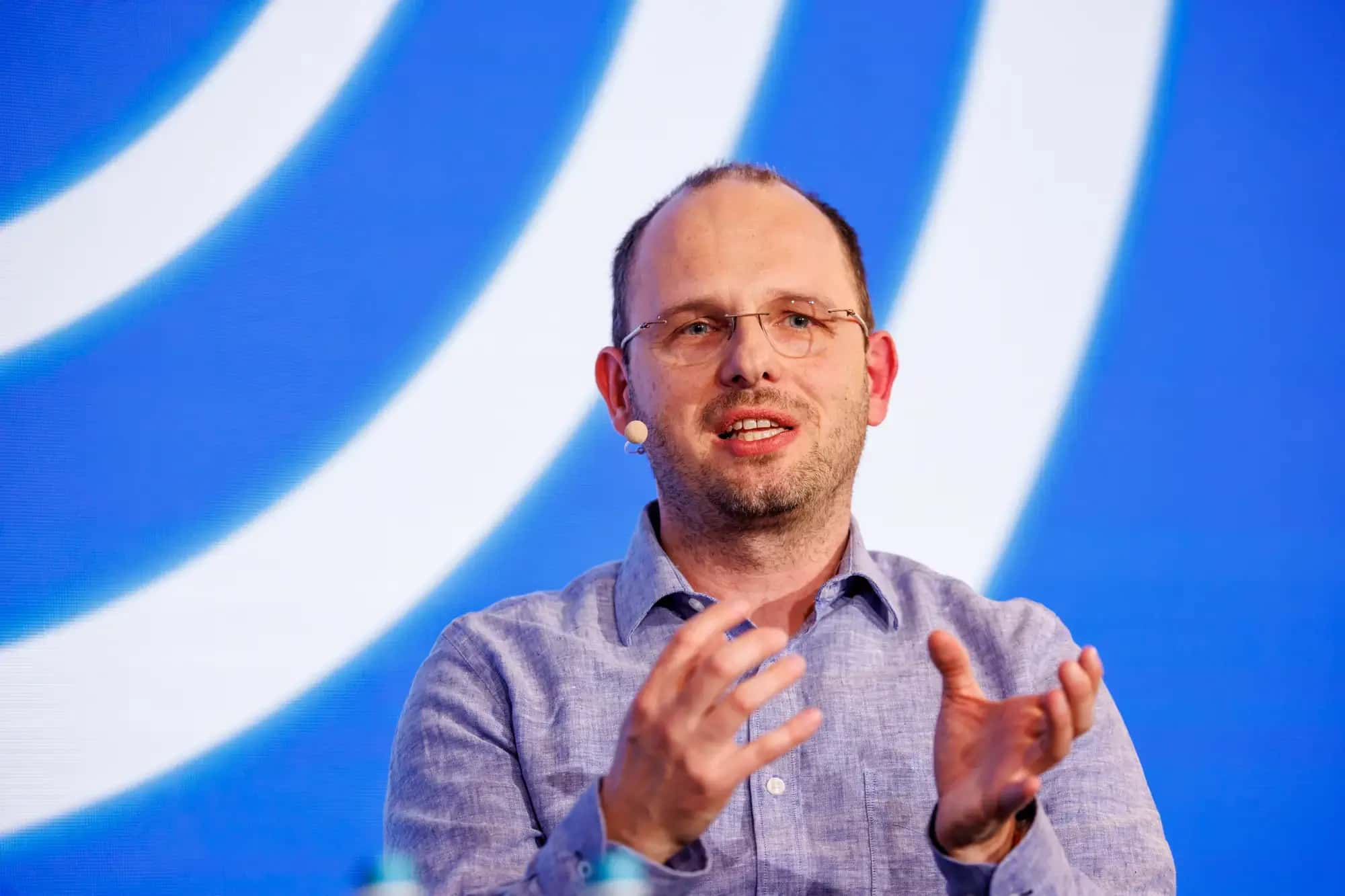Adapt to AI or Leave Your Software Career, Warns GitHub CEO Thomas Dohmke
Related Articles
Babil Khan Trains in Muay Thai in Thailand, Fuels Speculation About Future Action Role
Actor Babil Khan has ignited curiosity regarding his future projects by sharing videos of his rigorous Muay Thai training during his recent visit to...
Ontario Minister Highlights AI Growth, Calls for Global Cooperation and Job Safeguards
Victor Anthony Fedeli, the Minister of Economic Development, Job Creation and Trade for Ontario, addressed key developments in artificial intelligence during his speech at...
All You Need to Know About New Aadhaar App 2026
India's digital identification system has progressed significantly with the introduction of the full version of the new Aadhaar app by the Unique Identification Authority...


